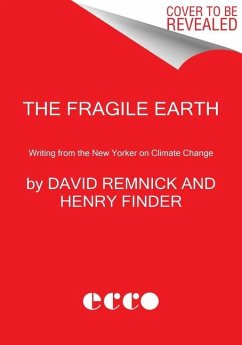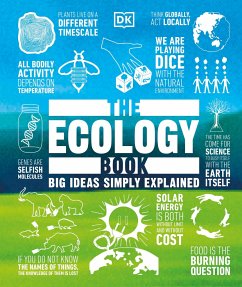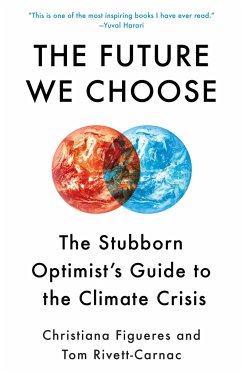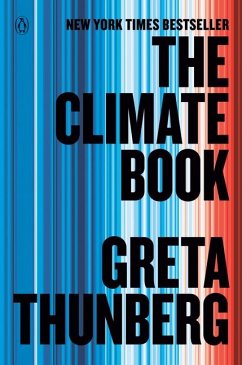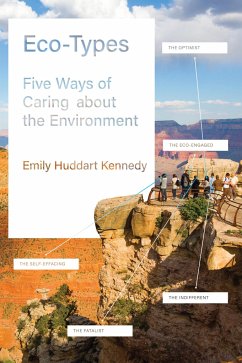
EXPLORING the SCIENCE and BEAUTY of NATURE
Ecosystems, Climate Change, Salmon Restoration

PAYBACK Punkte
29 °P sammeln!
Twenty five years in development, this book lays down the foundation of ecosystem science that is key to understanding the potential catastrophic impacts of major climate change. With over 300 original photos and over 100 graphics, the book takes the reader on Journeys to the Marshall Islands, the French Frigate Shoals, and Sanibel Island where the fundamentals of ecosystems are presented and illustrated. Patterns of Energy Flow in Ecosystems Energy enters the ecosystem in the form of photons and electromagnetic radiation that is received from the sun. This energy is transformed by plants thro...
Twenty five years in development, this book lays down the foundation of ecosystem science that is key to understanding the potential catastrophic impacts of major climate change. With over 300 original photos and over 100 graphics, the book takes the reader on Journeys to the Marshall Islands, the French Frigate Shoals, and Sanibel Island where the fundamentals of ecosystems are presented and illustrated. Patterns of Energy Flow in Ecosystems Energy enters the ecosystem in the form of photons and electromagnetic radiation that is received from the sun. This energy is transformed by plants through photosynthesis into high energy compounds. The compounds are transferred through the food chain by herbivores feeding upon plants and carnivores feeding upon herbivores and other carnivores. Ultimately all of the solar energy input into an ecosystem will be converted into heat energy and exported out of the ecosystem. Global Chemical Cycles Plants and animals require specific chemical compounds for cellular metabolism, growth and reproduction. These chemicals are called nutrients on a local scale and biogeochemicals on a global scale. Nutrients are transferred along the food chain when herbivores feed upon plants and carnivores feed upon animals. Salmon Restoration Measures to restore salmon populations continue to be proposed-including breaching dams on the Lower Snake River. - The Evidence for Rapid Climate Change is Compelling - It is undeniable that human activities have produced the atmospheric gases that have trapped more of the Sun's energy in the Earth system. This extra energy has warmed the atmosphere, ocean, and land, and widespread and rapid changes in the atmosphere, ocean, cryosphere, and biosphere. The ocean has absorbed much of this increased heat, with the top 100 meters (about 328 feet) of ocean showing warming of more than 0.6 degrees Fahrenheit (0.33 degrees Celsius) since 1969. Earth stores 90% of the extra energy in the ocean. The Greenland and Antarctic ice sheets have decreased in mass. Data from NASA's Gravity Recovery and Climate Experiment show Greenland lost an average of 279 billion tons of ice per year between 1993 and 2019, while Antarctica lost about 148 billion tons of ice per year. Glaciers are retreating almost everywhere around the world - including in the Alps, Himalayas, Andes, Rockies, Alaska, and Africa. Satellite observations reveal that the amount of spring snow cover in the Northern Hemisphere has decreased over the past five decades and the snow is melting earlier. Sea level rise is caused primarily by two factors related to global warming: the added water from melting ice sheets and glaciers, and the expansion of seawater as it warms. Global sea level rose about 8 inches (20 centimeters) in the last century. The number of record high temperature events in the United States has been increasing, while the number of record low temperature events has been decreasing, since 1950. The U.S. has also witnessed increasing numbers of intense rainfall events. Since the beginning of the Industrial Revolution, the acidity of surface ocean waters has increased by about 30%.This increase is due to humans emitting more carbon dioxide into the atmosphere and hence more being absorbed into the ocean. (Data from NASA Global Climate Change Report Updated November 2022)




